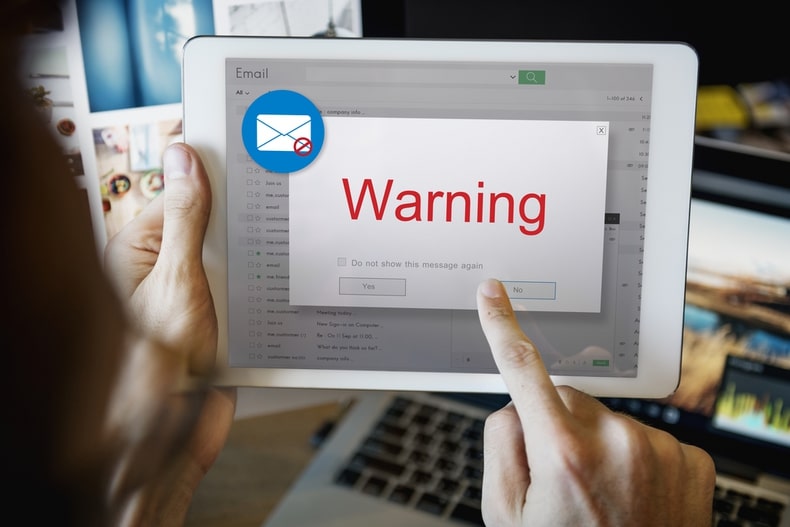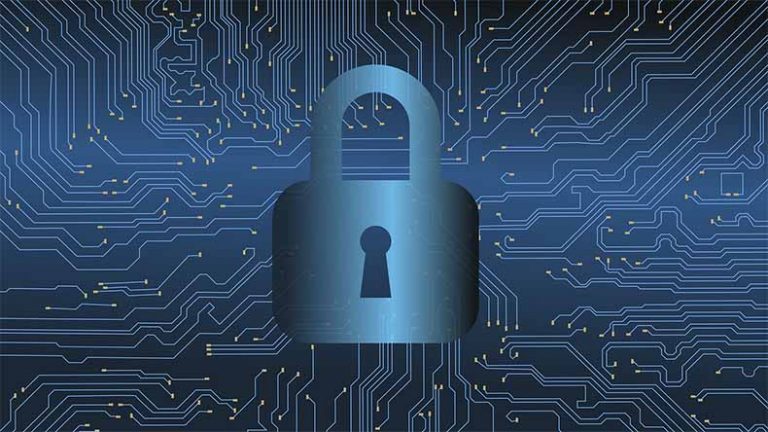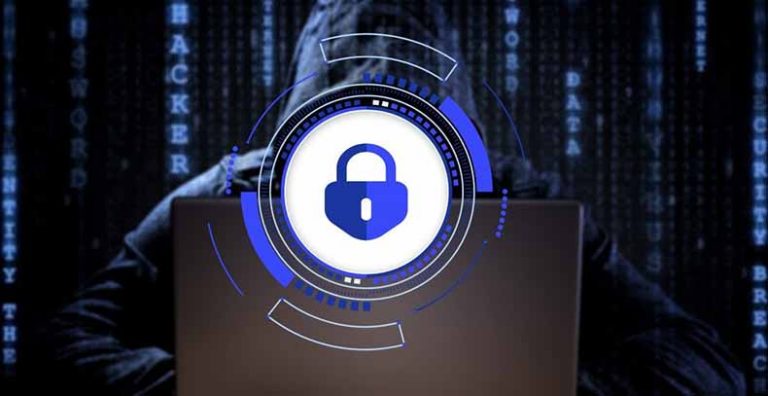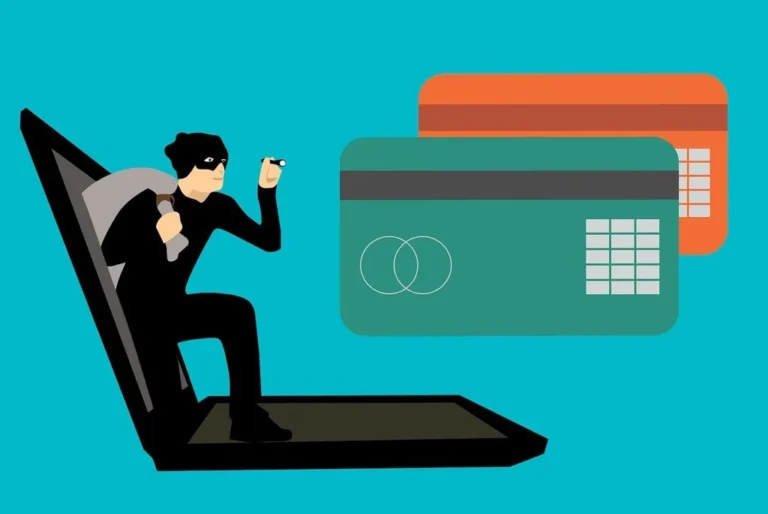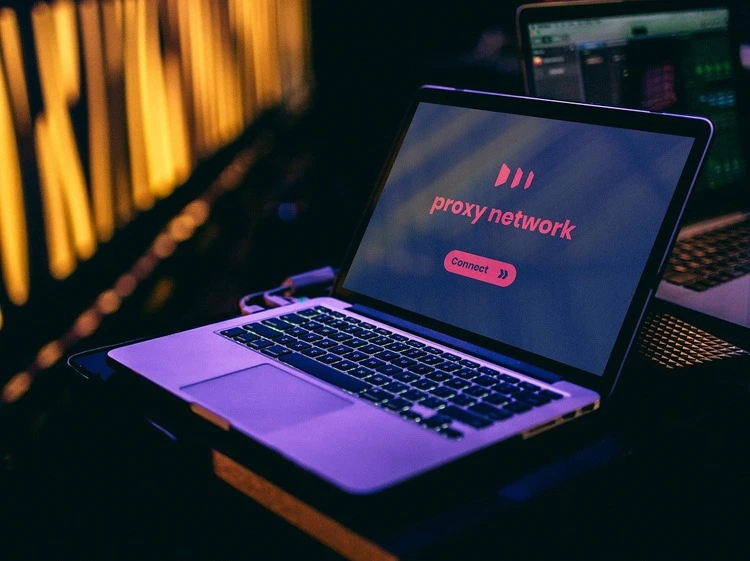4 Online Activity Threats & Vulnerabilities to Be Aware of
“Identity theft is not a joke, Jim!” It has been ages since this infamous dialogue from “The Office” was broadcast. Fast forward 16 years and identity theft have never been easier, thanks to the massive digitalization of our world today.
Larger online footprints have led to the rise of an even larger pool of threats and vulnerabilities. Here are four that you need to be on the lookout for.
Online Banking: Our Vulnerable Dependency on Netbanking
Anyone remotely invested in cyber security knows that one should never access their bank accounts or any other sensitive data while using a public Wi-Fi network. Hackers on the network can effortlessly access your computer and steal personal information, which can open doors for endless embezzlement opportunities.
However, using a home Wi-Fi network is not all that secure, either. Why? Cross-router data leaks. Attackers can easily break into the security of your Wi-Fi with domain name server hijacking, which can cost you your personal data. Using a virtual private network to keep your local networks encrypted can help you dodge such Wi-Fi safety loopholes to a huge extent.
Adware: A Click Away From Data Breach
Unauthorized websites, especially e-commerce, contain various unwanted pop-ups that are enticing. Even an accidental click on these pop-ups can result in malicious malware getting installed on your system. These range from regular viruses, ransomware, and even spyware.
Spams and pop-ups are evolving continuously. Gone are the days when they were attached to an e-mail; today they can be smoothly linked in the body of a message. As their level of detectability is stooping, the list of consequences they can produce is facing an upward surge. To avoid any menacing attacks on your system, enhance your browser protection settings and be mindful of your clicks.
Identity Theft: A Case Of Stolen Identity
Your identity is one of the worst possible things that you could be robbed of. So what do hackers do with your identity? A couple of things, including putting it up for sale on the dark web, using it to take out loans, and impersonating you in order to hide from the law or money lenders.
To help protect your personal information, consider investing in an identity theft protection plan. For instance, LifeLock utilizes ingenious monitoring techniques such as alert tools to safeguard your credit and finances, so you can protect your online presence and can safely be on the move. For a more affordable and stress-free experience, the company is offering a promo code to save you in your first year.
Cloud Storage – Is Your Data Really Safe?
Individuals, as well as enterprises, are becoming more and more reliant on cloud services to store sensitive data. This is exposing them to even darker online vulnerabilities by making them easy victims of online hackers. Insecure APIs can open up channels for attackers to communicate and abuse stored cloud information, which can result in data leaks, account hacking, and other such network invasions that can cause serious threats.
Implementing effective cloud protection approaches such as API authorization and authentication, data encryption, and conducting regular API testing could save you from such cloud vulnerabilities.
The threat to our collective cyber security as a civilization is here in its full form. The need of the hour is to drive in recognition of this threat and take active measures to combat it.

